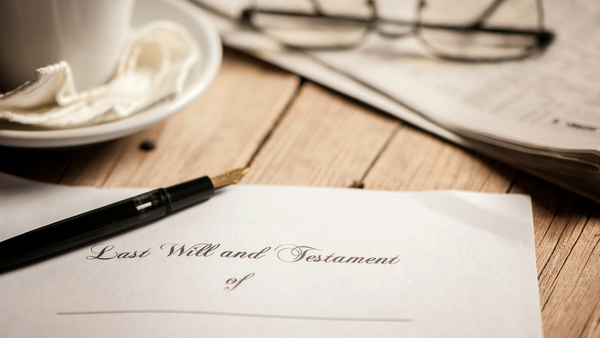A case came to the Court of Appeal in May 2018 where the formalities for the adequate witnessing of a will were called into question, despite being enshrined in statute. Witness evidence was also key.
In the matter of Payne v Payne, the deceased’s will had been witnessed by two people, who had written their names and addresses in block capitals, but had failed to sign the document. The court was asked to establish whether this was a valid will, or whether the lack of witness signatures meant it was invalid and that the deceased had therefore died intestate.
The Administration of Justice Act 1982 provides that the witnesses to a will need to sign, which would render the will invalid. The court held that the intention of the 1982 Act was simply to update the antiquated language of the Wills Act 1837, which calls for a witness to attest and subscribe the will only. By adding their names to the will with the intention of attesting it, the witnesses validated the will.
Not only did this case clarify the technical points surrounding the witnessing of a will, but also highlighted the value of using reliable witnesses who can subsequently be traced. A later will had been submitted to court, but was held to be invalid due to lack of evidence that the deceased knew and approved the contents of the will. The witnesses to that document gave evidence at an earlier hearing and were held to be ‘utterly unreliable’.
In contrast, one of the witnesses to the earlier will gave evidence, clearly explaining to the court how he had been telephoned by the deceased, asked to visit his house to witness a will, and then drank a cup of tea with the deceased and the other witness. His memory of the occasion led credibility to the earlier will.
As is often the case, there appears to have been a poor relationship between the two halves of the family which unfortunately resulted in a protracted and no doubt expensive battle in court. In circumstances where a will is likely to cause a dispute, it is always preferable to seek professional advice.
